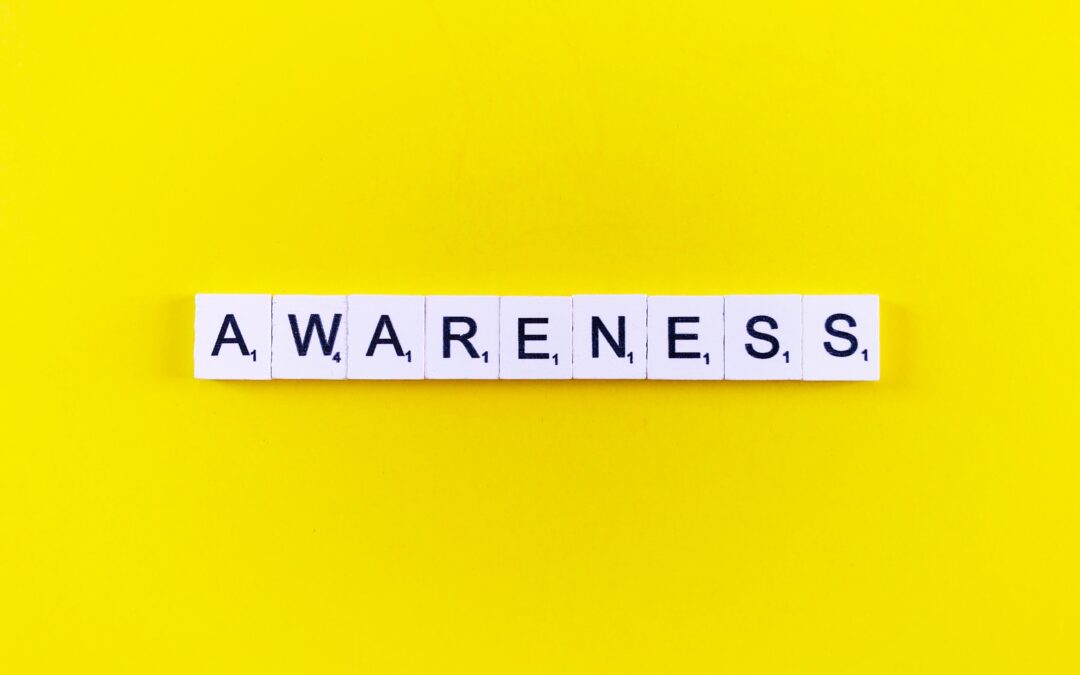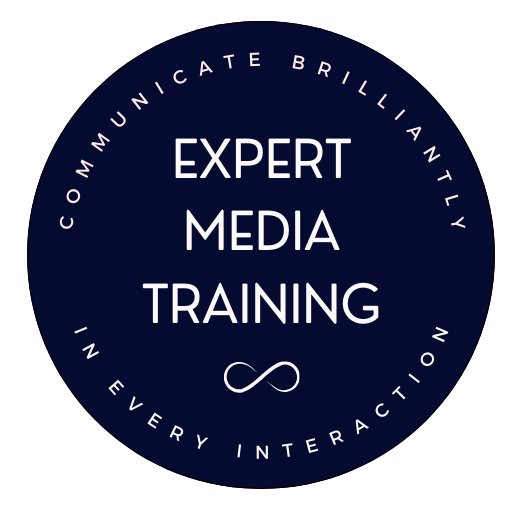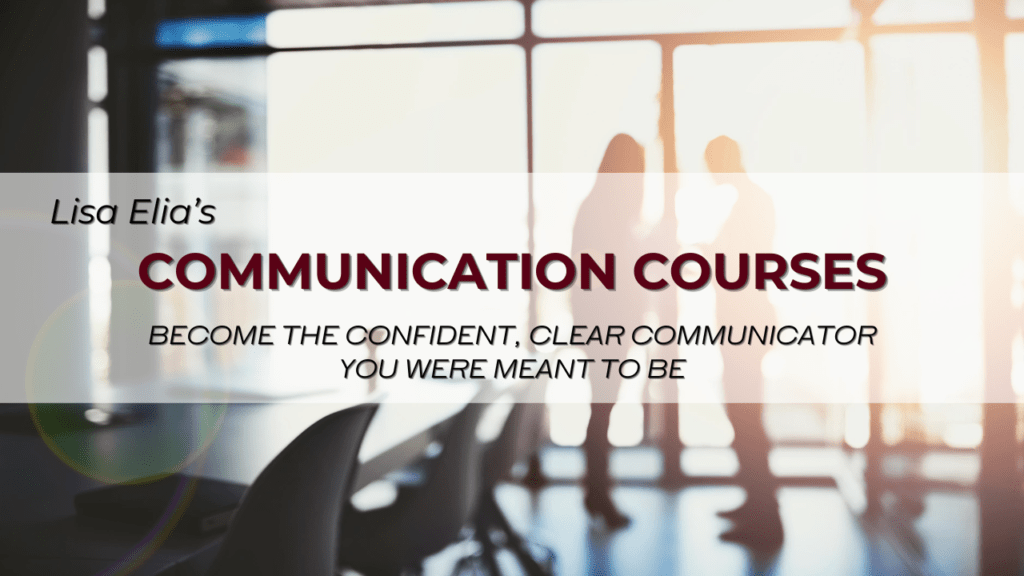
Awareness of Your Communication Skills
Increasing Awareness of Your Communication Skills
You’ve probably heard or read this quote by George Bernard Shaw many times:
“The single biggest problem in communication is the illusion that it has taken place.”
I’m sharing it here because it speaks to the need to understand communication more deeply, starting with one’s own.
Some of the challenges of communication include:
- approaching situations with built-in biases and patterns learned in childhood or developed over the years;
- allowing assumptions about other people’s levels of knowledge and perspectives to influence how we communicate instead of learning more about them in advance;
- mistaking experience for expertise, assuming that daily communication equals proficiency;
- and the Dunning-Kruger effect, a cognitive bias that allows people to overestimate their knowledge or abilities in a specific area, even though they lack the necessary skills or experience. This often stems from a lack of knowledge or introspection.
Gaining and maintaining awareness of your communication skills and style requires conscious effort. However, the payoff is fantastic! Better communication skills can improve relationships, increase productivity, reduce errors, and create a more harmonious work environment.
Actions to Become More Aware of Your Communication Skills
- Set up your phone or a camera to video record yourself going about your day talking to people. If you’re at work, let people know you’re recording and that only you will watch the video. Don’t record confidential conversations. Watch the video with the sound off to observe your body language. Then, turn it up to observe your verbal delivery. Look for behaviors and patterns you want to change, such as less-than-confident gestures, the overuse of filler words, poor posture, and a lack of pauses.
- Keep a communication journal. After meetings or at the end of the day, record your thoughts and reflections on your interactions and what you might do to be more effective in the future. Make notes about others’ reactions to you and your interpretations of them. Did people seem confused or did they shut down? This will help you understand you need to make adjustments to your communications.
- Review something you’ve written. Read it from the perspective of the recipient(s). Did you communicate your points clearly? Did the tone reflect the energy you wanted to project? Was it too abrupt? If someone had a very different frame of reference and read what you wrote, is there a possibility it could be misinterpreted? Try reading what you wrote with an angry tone of voice and see if your message could come across harshly. This will help you understand what you could do differently going forward, such as adding a warmer greeting or some words to soften the message or providing greater detail or clarity.
Every day, you have the opportunity to become a better communicator. It begins with awareness.
Want to gain greater awareness of your public speaking skills?
Take the Public Speaking Assessment that I created for my online courses. I’ve made it free for now. It’s private and only you will see the results, which will let you know what you do recommendations for areas that could use improvement.
Gain access to the free Public Speaking Assessment here.
To download our free Media Interview Guide and other tools, click here.
To check out our online courses, click here.
For a complimentary consultation to discuss private training for yourself or your team, click here.

This post was written by Lisa Elia, a media trainer, presentation trainer, pitch coach, communication expert, and speaker. She trains clients around the world for media interviews, speeches, internal and external presentations, panels, investor presentations, and promotional videos, and provides executive and team communication coaching.
With more than 25 years of experience, Lisa has prepared clients for interviews with TODAY, GMA, The Wall Street Journal, CNN, ESPN, and hundreds of other outlets. Lisa has shared her expertise with national media outlets that include Inc., Entertainment Tonight, E!, and many others. Clients include entrepreneurs, Fortune 500 companies, and everything in between as well as athletes, celebrities, and other public figures.





